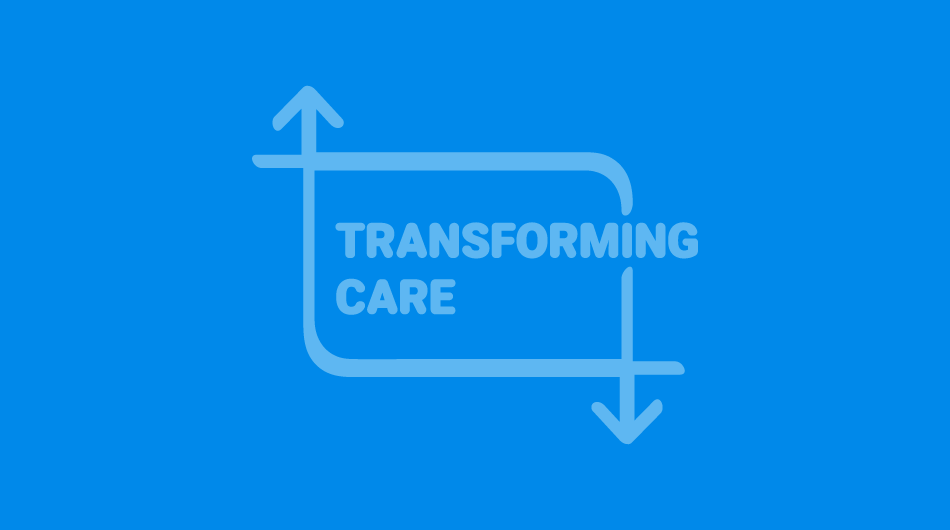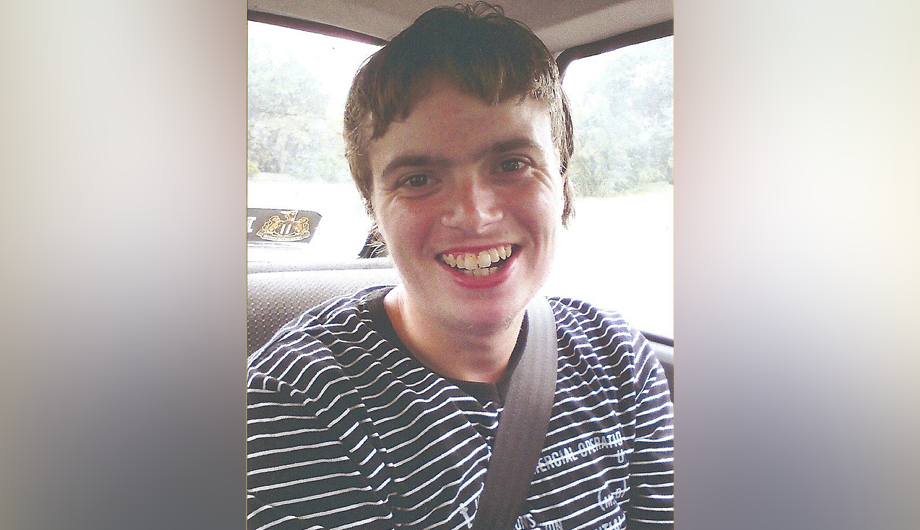
Independent review into CQC regulation of Whorlton Hall
The review examined why a 2015 inspection report which rated the service as ‘requires improvement’ was not published.

“Data published today by NHS Digital shows that far too many children, young people and adults remain in inpatient units where they are at risk of restrictive interventions."
“Data published today by NHS Digital shows that far too many children, young people and adults remain in inpatient units where they are at risk of restrictive interventions. It has been clearly documented through surveys and inquiries that disabled children, young people and adults have seen much of the minimal support they had drop away during the pandemic. For those whose behaviours challenge this puts them at risk of harmful restrictive interventions, inappropriate admission to inpatient units and can also prevent timely discharges from inpatient units.
“As the Covid 19 pandemic continues and with the uncertainty of the next few months, comprehensive planning is needed to ensure the provision of appropriate care and support for people with learning disabilities and autistic people. It is essential that individuals and their families are provided with up to date comprehensive information and timely support is prioritised. It is critical that we get the right support in place in the community to provide direct help to families and to those supporting people with learning disabilities, including social care, schools, and respite services, so they are able to provide effective support under these difficult conditions.”
“Over 2,000 people with a learning disability and/or autism are still locked up in modern day asylums. Change was already long overdue, and now COVID-19 has caused even more delays. While the pandemic is an unprecedented situation, it is no reason to allow human rights abuses to continue.
“With a potential second wave this winter, local authorities are rightly focusing on COVID-19, but they must not lose focus on developing the right support and housing in the community that people desperately need to be discharged. This is directly linked with social care funding and reform. The Government must urgently provide the funding that social care needs to develop vital local support services and deliver the cross-government strategy to drive forward the change required to truly transform care. People deserve to live in homes not hospitals.”

The review examined why a 2015 inspection report which rated the service as ‘requires improvement’ was not published.

Becoming a welfare deputy helps Ian fight for his son Adam's healthcare.
If you support someone with a severe learning disability whose behaviour challenges you can contact the CBF Family Support service on 0300 666 0126 or email us at support@thecbf.org.uk